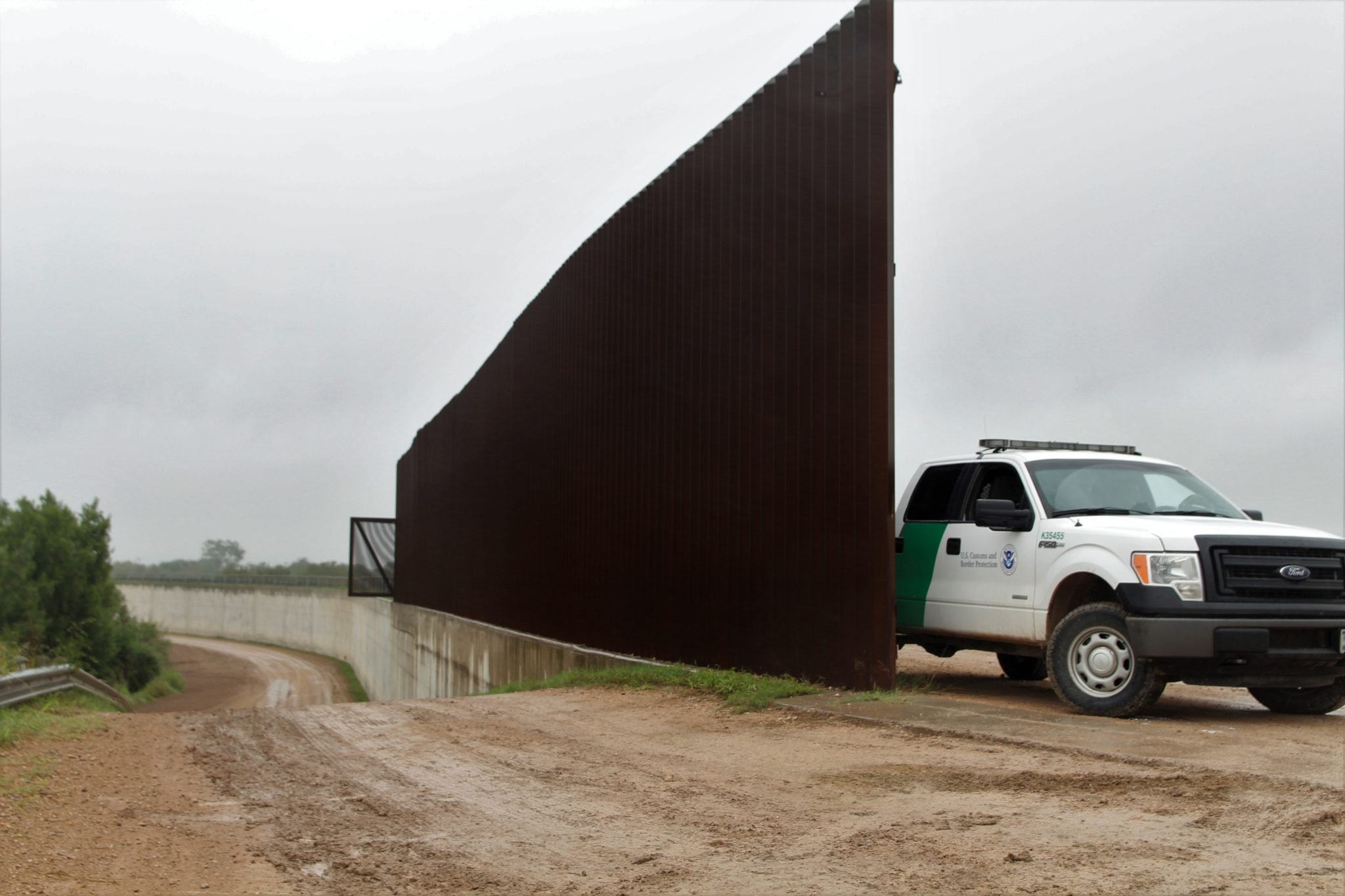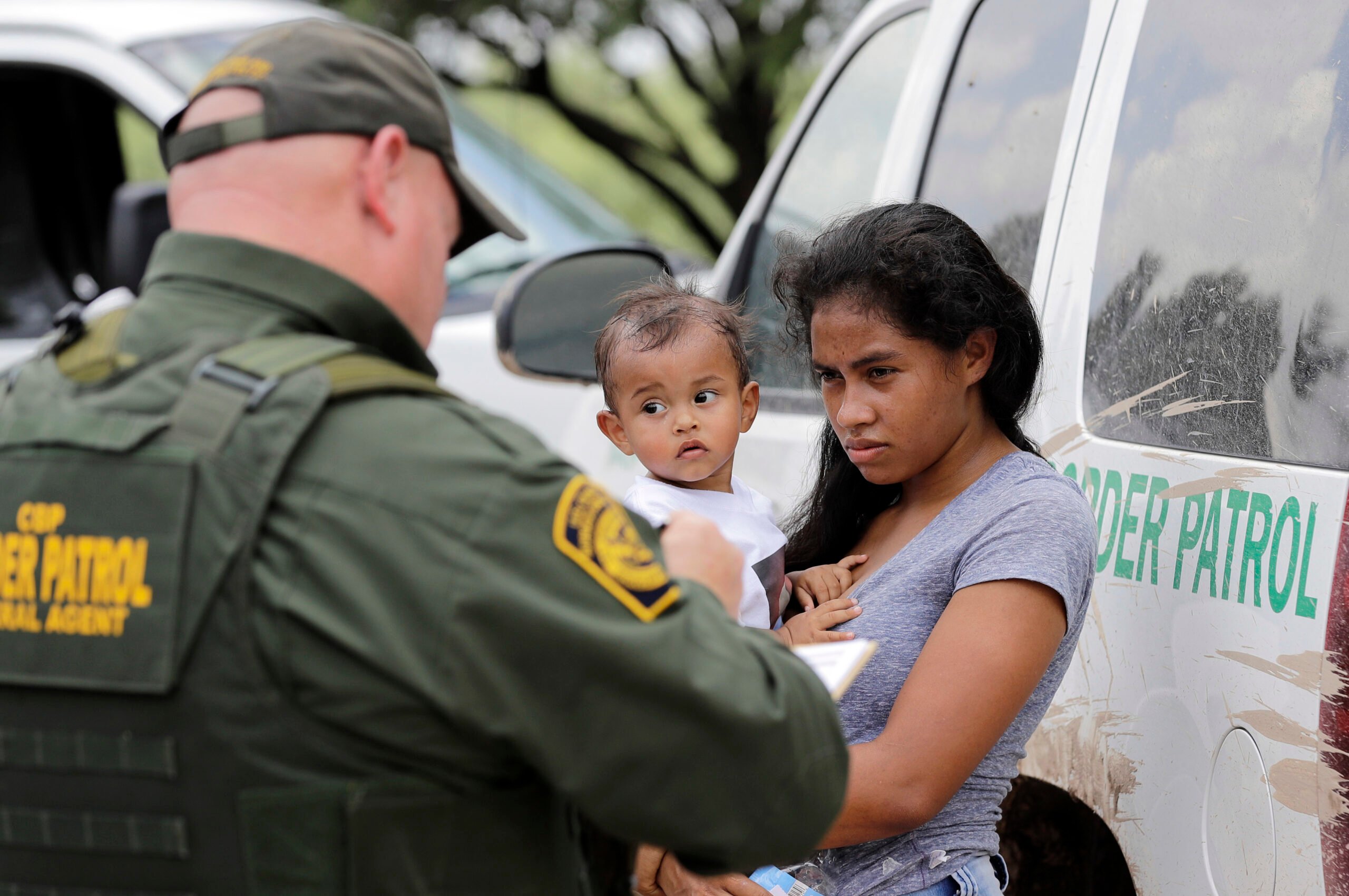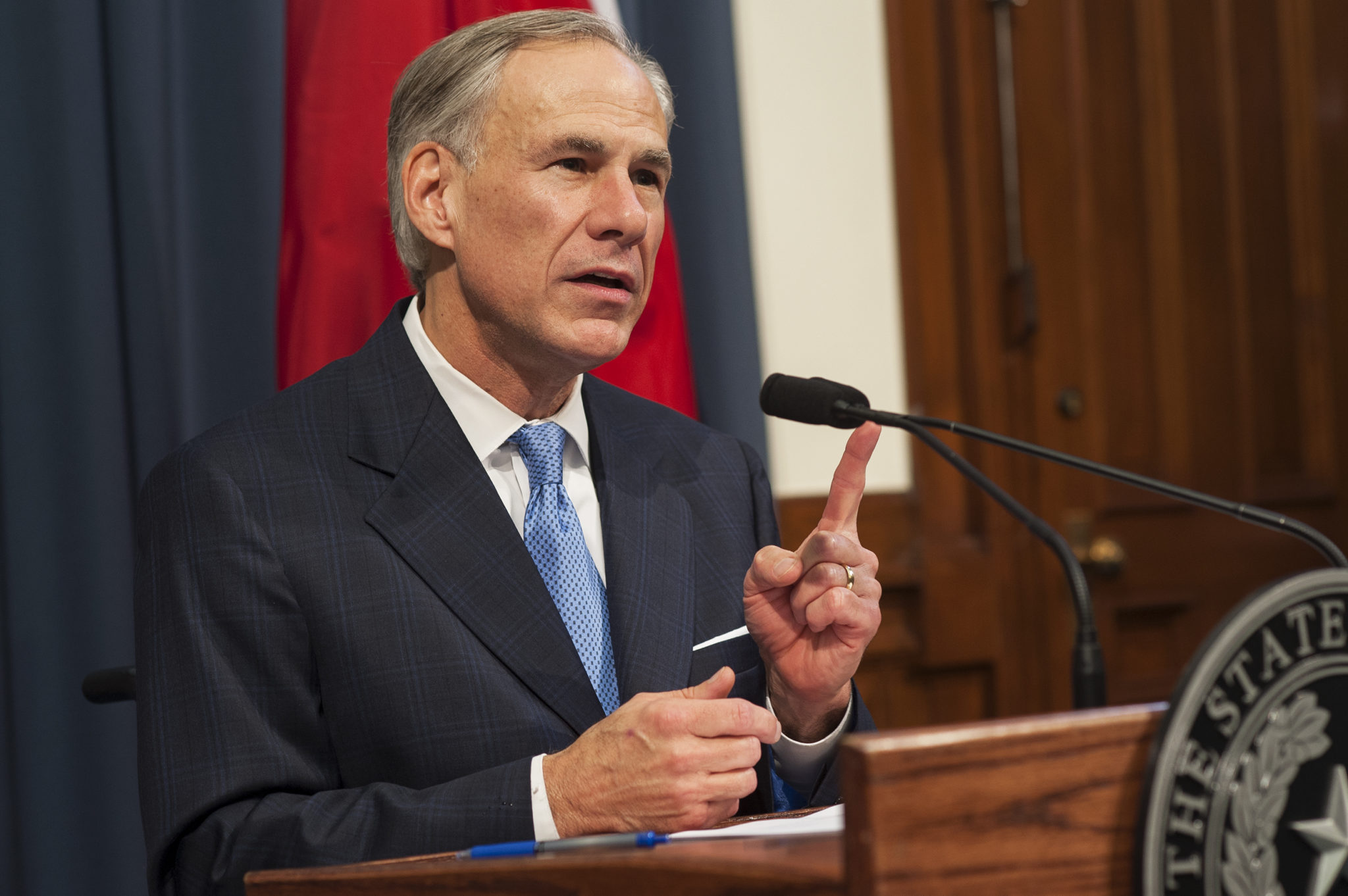
This Week: Behind Greg Abbott’s Bizarre Beef with Tree Ordinances
We dig into Abbott's violation of an Austin ordinance in 2011 and detail his controversial vetoes targeting the state's most vulnerable.

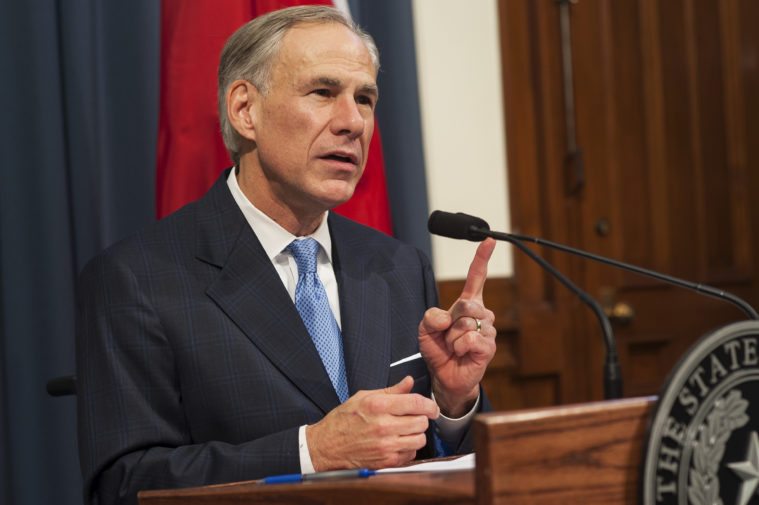
Keep up with the Observer’s sharp reporting on the Legislature and throughout Texas with this weekly newsletter. [newsletter]
When Governor Greg Abbott included nixing local tree ordinances as one of 20 agenda items for the July 18 special session, many were left scratching their heads. But Observer environmental reporter Naveena Sadasivam started digging and found Abbott has personal experience violating such rules in Austin.
By perusing city records, the Observer found Abbott violated conditions of a permit he received in 2011 to demolish his 4,540-square-foot home in West Austin and replace it with a larger two-story, four-bedroom house with a backyard pool.
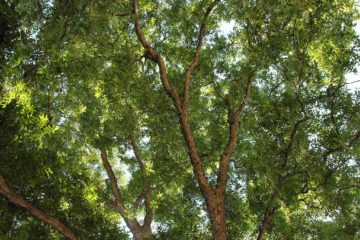
The permit required Abbott to protect two large pecan trees — considered “heritage trees” by the city of Austin — but he didn’t follow the plan and the construction killed one of the trees. He was later allowed to remove the pecan tree and at least three other trees on the property but was required to plant new trees to make up for the loss, records show. The pecan is the state tree of Texas.
The governor this week also vetoed several bills, including one that would’ve extended the Women’s Health Advisory Committee beyond September. Abbott said the committee had “achieved its mandate” and was no longer needed. But as public health reporter Sophie Novack points out, Texas has the highest maternal mortality rate in the developed world. The state also has the highest rate of repeat teen pregnancy and the highest uninsured rate in the United States, plus an ongoing Zika outbreak that threatens pregnant women.
That wasn’t the only controversial veto of a bill aimed at fixing an ongoing crisis for the state’s most vulnerable. Abbott also effectively canceled a statewide program to inspect guardianship cases for signs of fraud or abuse against at-risk Texans who are under court protection. Patrick Michels, whose award-winning Observer coverage dove deep into the state’s troubled guardianship system, breaks down the veto and its impact here.
Many other bills, though, passed this session, as the Lege continued their tradition of gutting environmental and public health protections. Lawmakers made flying drones over oil and gas facilities a jailable offense, increased barriers for the public to participate in environmental hearings and underfunded the agencies in charge of catching polluters and safeguarding the state’s natural resources. Environmental reporter Sadasivam tallies the wins and losses in her analysis.
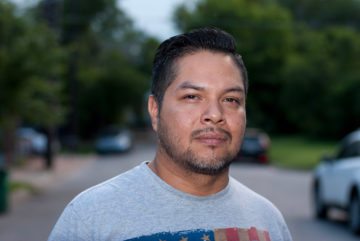
Outside the Legislature, border and immigration reporter Melissa del Bosque interviewed photojournalist Miguel Lopez Solana, who was granted political asylum in the United States. after fleeing Mexico in 2012 following the brutal murder of his father, mother and brother. In the Q&A, Lopez Solana, 36, lays out the gruesome reality Mexican journalists face daily.
Del Bosque also provides a snapshot of what and why the United States and Mexico want out of NAFTA renegotiations, which are expected to happen this summer. President Donald Trump isn’t alone in his desire to renegotiate the trade agreement, but his motives are skewed.
And, on Saturday, around 50 protesters gathered outside the Texas Capitol for a nationwide “march against Sharia” organized by ACT for America, categorized as an Islamophobic hate group by the Southern Poverty Law Center. About 300 counter-protesters surrounded the group, some wielding sticks, axe handles and shields. The Sharia protesters ultimately left without marching or giving preplanned speeches.

